Nelson Rolihlahla Mandela was a practical politician rather than an intellectual scholar or political theorist. According to biographer Tom Lodge, “for Mandela, politics has always been primarily about enacting stories, about making narratives, primarily about morally exemplary conduct, and only secondarily about ideological vision, more about means rather than ends.” Mandela identified as both an African nationalist, an ideological position he held since joining the ANC, and as a socialist. His death after a prolonged illness as brought curtains on an epic struggle for human emancipation. He served as President of South Africa from 1994 to 1999. He was the country’s first black head of state and the first elected in a fully representative democratic election. His government focused on dismantling the legacy of apartheid by tackling institutionalized racism and fostering racial reconciliation. Ideologically an African nationalist and socialist, he served as President of the African National Congress (ANC) party from 1991 to 1997.
Freedom fighter, prisoner, moral compass and South Africa’s symbol of the struggle against racial oppression. That was Nelson Mandela, who emerged from prison after 27 years to lead his country out of decades of apartheid. His message of reconciliation, not vengeance, inspired the world after he negotiated a peaceful end to segregation and urged forgiveness for the white government that imprisoned him. “As I walked out the door toward the gate that would lead to my freedom, I knew if I didn’t leave my bitterness and hatred behind, I’d still be in prison,” Mandela said after he was freed in 1990.
Mandela, a former president, battled health issues in recent years, including a recurring lung infection that led to numerous hospitalizations. Despite rare public appearances, he held a special place in the consciousness of the nation and the world. “Our nation has lost its greatest son. Our people have lost a father,” South African President Jacob Zuma said. “What made Nelson Mandela great was precisely what made him human. We saw in him what we seek in ourselves.” His U.S. counterpart, Barack Obama, echoed the same sentiment. “We’ve lost one of the most influential, courageous and profoundly good human beings that any of us will share time with on this Earth,” Obama said. “He no longer belongs to us -- he belongs to the ages.”
Mandela became the nation’s conscience as it healed from the scars of apartheid. His defiance of white minority rule and long incarceration for fighting against segregation focused the world’s attention on apartheid, the legalized racial segregation enforced by the South African government until 1994. In his lifetime, he was a man of complexities. He went from a militant freedom fighter to a prisoner, to a unifying figure, to an elder statesman. Years after his 1999 retirement from the presidency, Mandela was considered the ideal head of state. He became a yardstick for African leaders, who consistently fell short when measured against him. Warm, lanky, and charismatic in his silk, earth-toned dashikis, he was quick to admit to his shortcomings, endearing him further in a culture in which leaders rarely do.
Former South African President F.W. de Klerk, who was awarded the Nobel Peace Prize with Mandela in 1993 for transitioning the nation from a system of racial segregation, described their first meeting. “I had read, of course, everything I could read about him beforehand. I was well-briefed,” he said. “I was impressed, however, by how tall he was. By the ramrod straightness of his stature, and realized that this is a very special man. He had an aura around him. He’s truly a very dignified and a very admirable person.” For many South Africans, he was simply Madiba, his traditional clan name. Others affectionately called him Tata, the word for father in his Xhosa tribe.
Mandela last appeared in public during the 2010 World Cup hosted by South Africa. His absences from the limelight and frequent hospitalizations left the nation on edge, prompting Zuma to reassure citizens every time he fell sick.
—Prashant Tewari, Editor-in-Chief







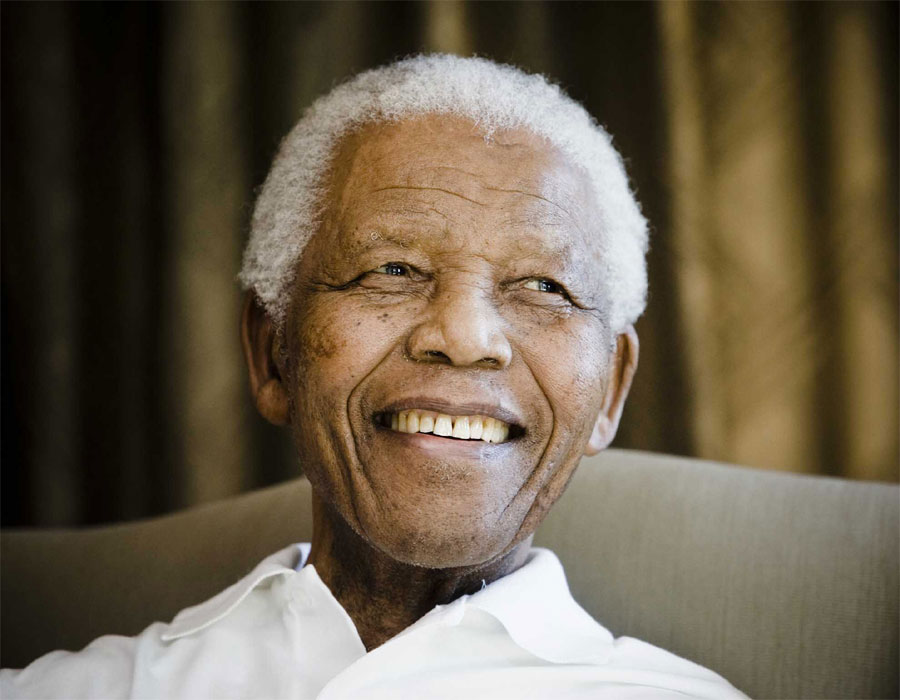
 OpinionExpress.In
OpinionExpress.In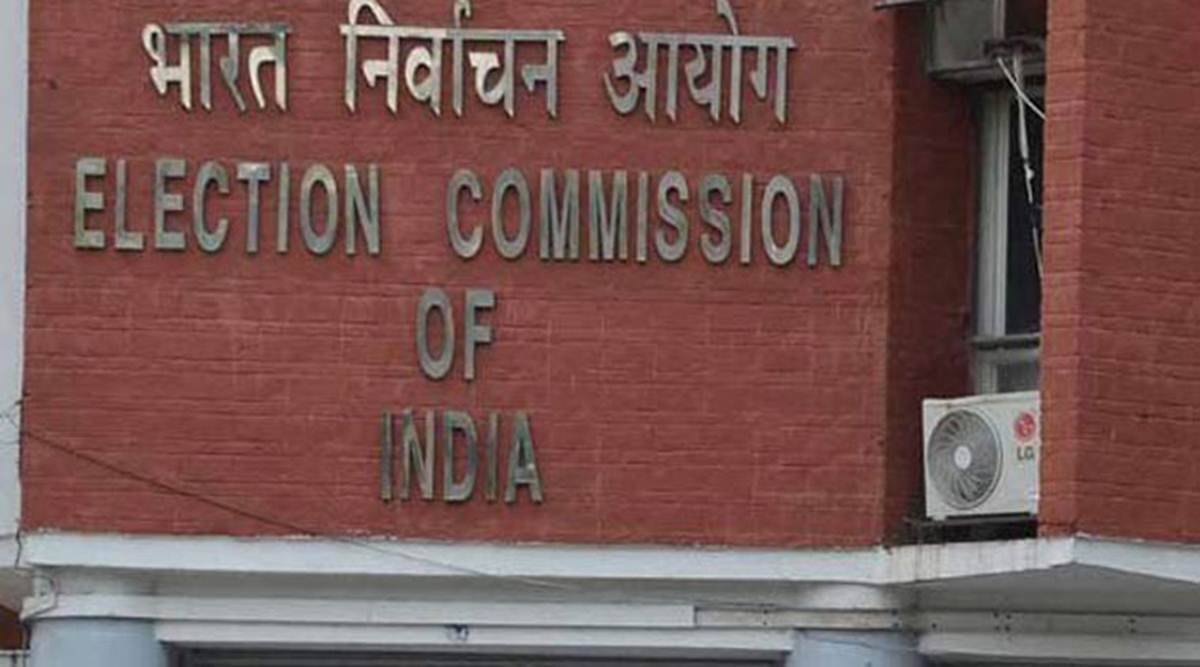
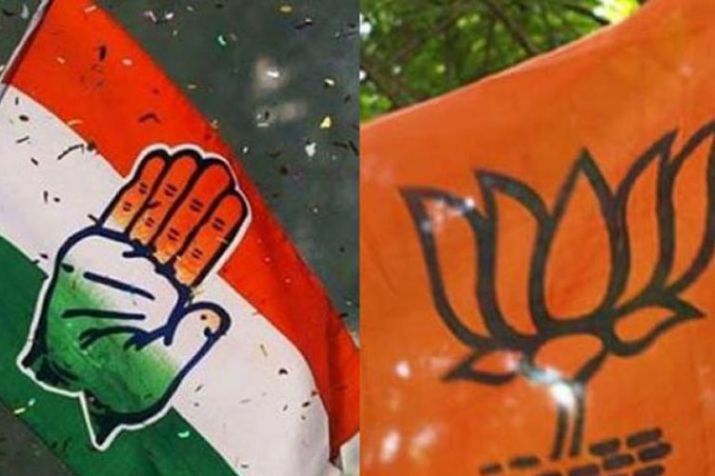
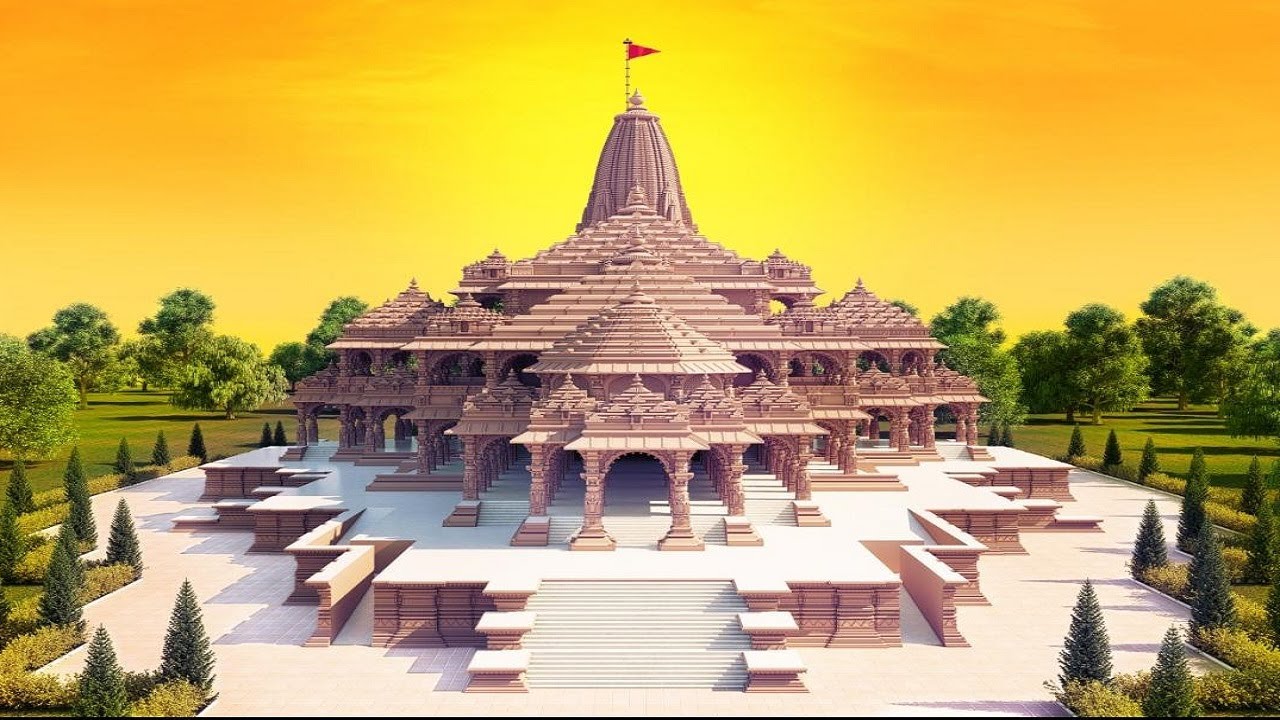
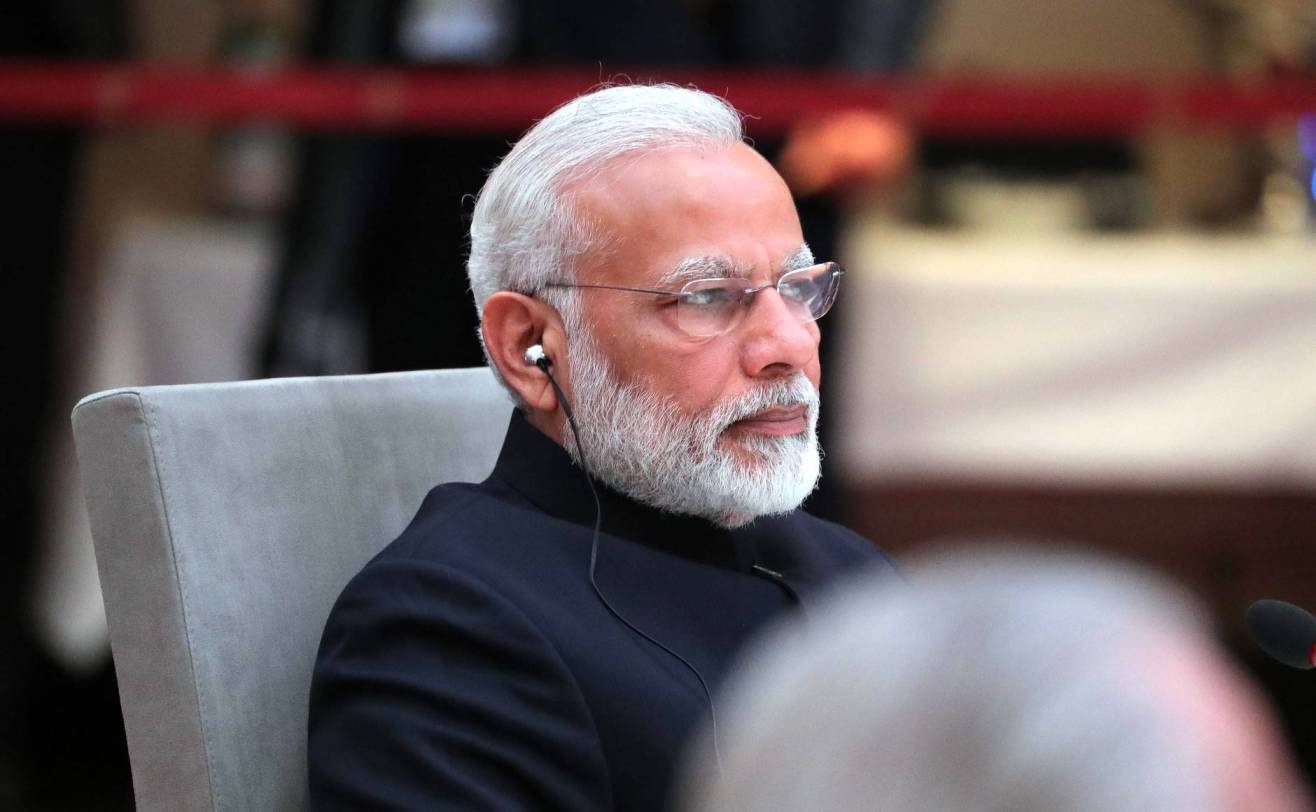
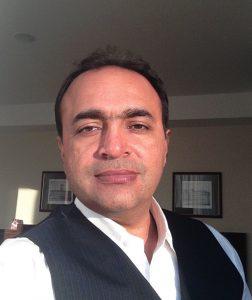
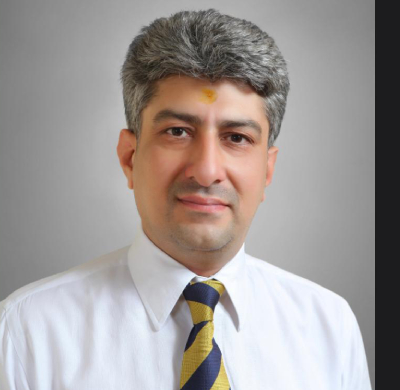
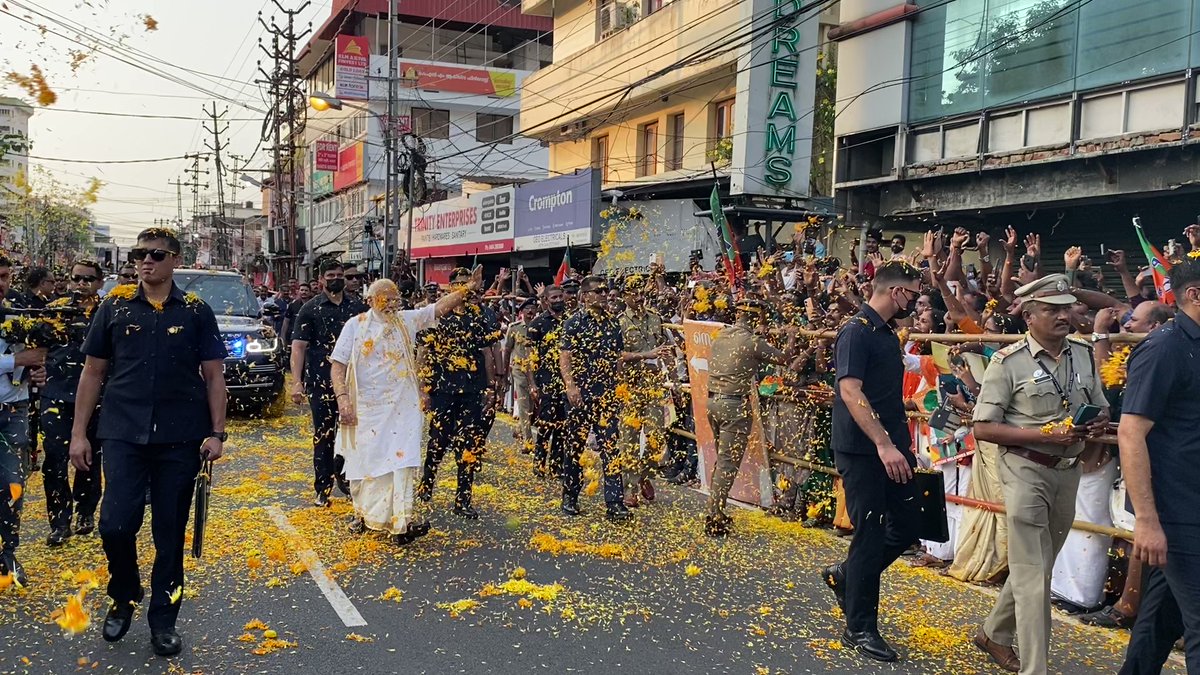
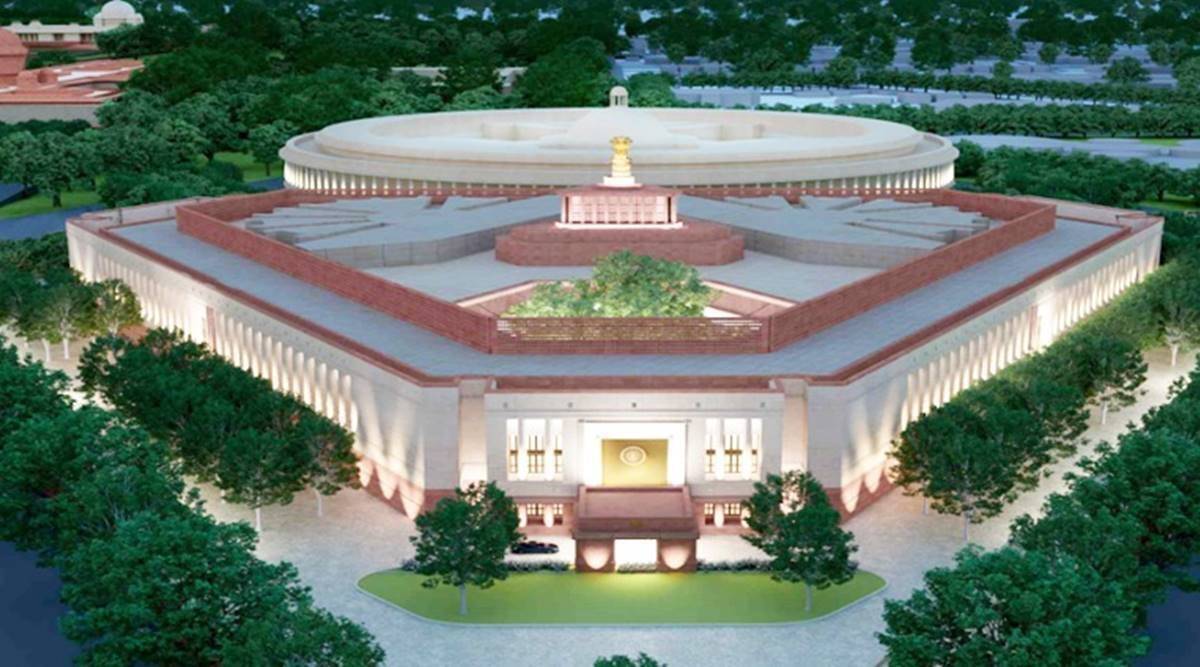

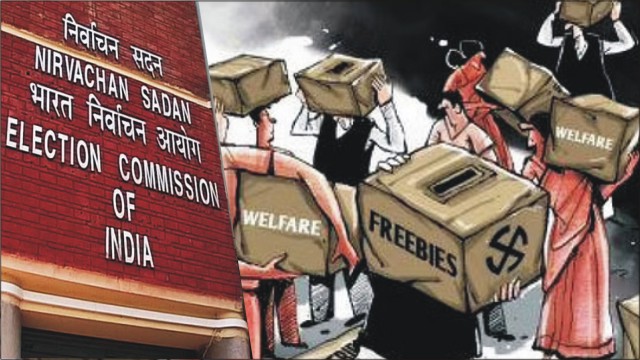






Comments (0)